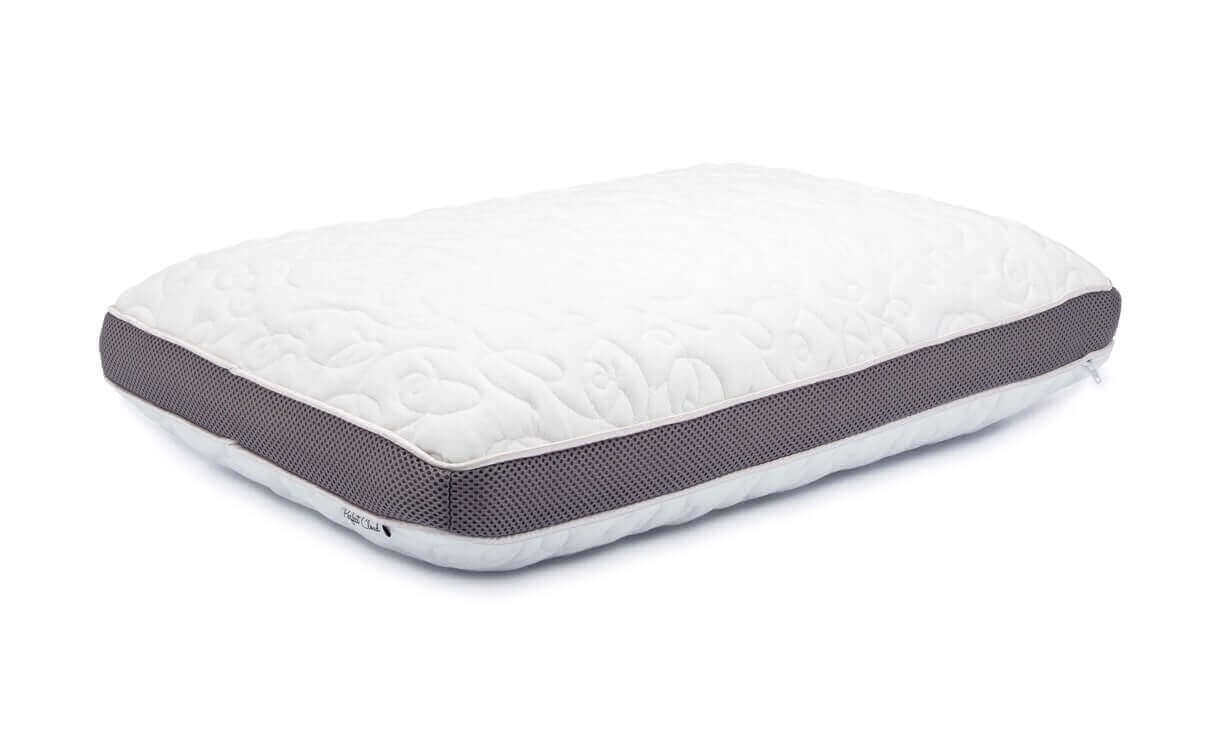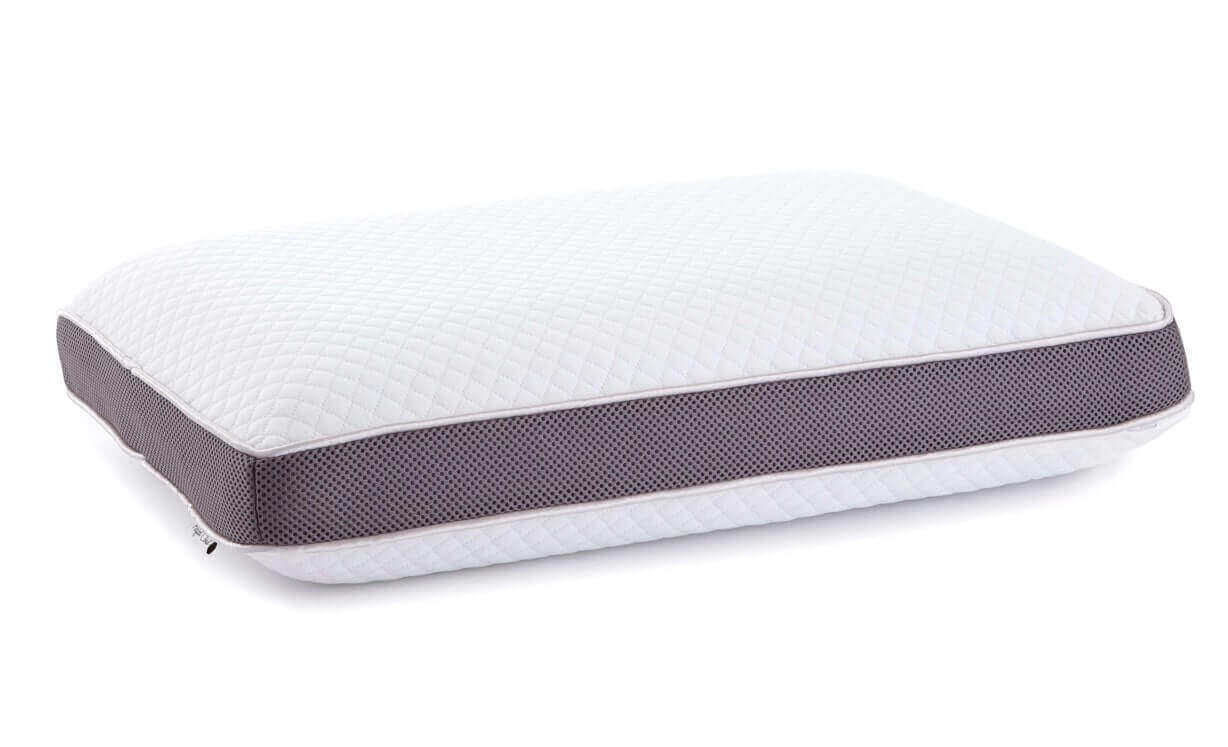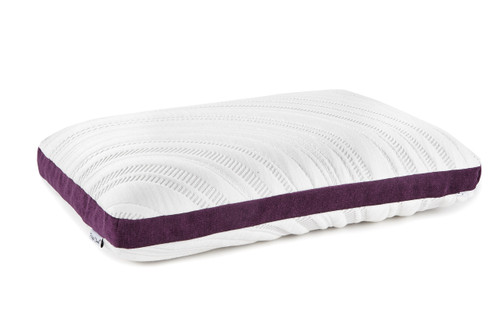Feeling sleepy after a good night's sleep?
Posted by Andi on 12th Nov 2019
Have you ever slept for twelve hours and felt completely exhausted after waking up, as if you never slept at all? If so, you’re not alone. It’s estimated that up to 70 million people are affected by sleep-related problems including insomnia, sleep-deprivation, nightmares, narcolepsy, and circadian rhythm sleep-wake disorders. People with these and other sleep disorders often experience chronic exhaustion due to a lack of deep, restful sleep.
If you’re waking up tired after what should be a full night’s sleep, there is a reason and here are several possibilities:
1. You're consuming too many stimulants
Stimulants interact with the nervous system and keep you alert by pumping stress hormones (cortisol and adrenaline) through your body. That’s good when you need to be on your feet, ready to flee, but it’s not good when you’re trying to go to sleep. When your body is constantly stimulated, it will only put you into a light sleep and you’ll have trouble getting into REM sleep where the deep, restorative action takes place.
The most well-known daily stimulant is coffee, but stimulants aren’t limited to caffeine. Many people don’t realize the nervous system can be over-stimulated by foods including hot peppers, garlic, and onion. If you’re not highly sensitive to over-stimulation, you probably won’t feel wired after a meal with loads of garlic. However, if you are sensitive, you will almost always notice.
If you think you might be sensitive, cut down on the amount of stimulants you consume throughout the day. Limit the amount of caffeine you consume throughout the day to about 200 milligrams. You don’t have to eliminate garlic and onion from your diet, but don’t eat them all day every day with a multitude of other stimulants. It’s not always a specific stimulant that will cause you problems, but the cumulative effect of consuming stimulants all day long can make it hard for you to get into REM sleep.
2. Your mattress isn't supportive
How long has it been since you’ve updated your sleep setup? Is your mattress old? Is it uncomfortable? Does it sink in the middle? Do you wake up in pain? If you don’t feel like you’re falling into a cloud when you lie down in your bed, you’re not getting as much support as you could be getting.
In general, standard mattresses aren’t designed to last more than ten years, but some people hang onto their mattresses for decades. Over time, the materials in a mattress break down and provide less support until the mattress becomes useless. Don’t wait to buy a new mattress until your existing mattress is entirely useless. It will be too late by then.
If you’re not waking up fully-rested, it’s time to consider upgrading your bed to a high-quality memory foam mattress. Memory foam isn’t the same as standard foam. When you lie down on a memory foam mattress, the foam cradles your body and hugs you with full support. Your hips and back are supported in ways a traditional mattress can’t provide.
If you share a bed with your partner, memory foam prevents motion transfer. That means you or your partner can get in and out of bed without disturbing the other person’s sleep. For many people, a partner getting in and out of bed is the source of frequent sleep interruptions, which leads to sleep deprivation.
Although memory foam mattresses were expensive when they were first introduced into the market, they’re more affordable now. For example, our Ultraplush memory foam mattress will give you a good night’s sleep for less than $700.
3. Your pillow is worn out or incompatible with your sleep position
Believe it or not, pillows can become worn out over time. Pillows can also hurt or harm you based on your sleep position. For example, if you sleep on your back you probably need a thin, softer pillow or your neck will be bent for the whole night.
If you use a CPAP machine at night for sleep apnea, the wrong pillow can block your airway. If you sleep on your side, for example, your pillow can knock your mask off.
If your pillow isn’t providing you with a high level of support, it needs to be replaced. Even if you just bought a new pillow, if it isn’t working out, consider selling it and getting a new one.
For the best support, get a memory foam pillow with cooling gel technology like our double airflow pillow. A memory foam pillow will support your neck and head in ways traditional foam can’t, and cooling gel will keep your head cool all night long.
4. Your body is too hot during the night
Maintaining a cool body temperature throughout the night will help you get a deep and restful sleep. Being too hot during the night is a significant cause of sleep-deprivation.
In addition to the uncomfortable nature of sleeping in a hot room, there’s another reason heat interrupts your ability to sleep. Melatonin regulates your sleep cycle by dropping your core body temperature. When your body temperature is too high, melatonin won’t be able to drop your core temperature to the right level. If your body temperature doesn’t drop to the right level, you won’t fall asleep or stay asleep easily.
5. You're an insomniac, but you don't know it
You can be an insomniac without knowing it. According to the National Sleep Foundation, insomnia can have a variety of mental and medical causes including depression, anxiety, gastrointestinal issues, endocrine problems, arthritis, and chronic pain. Medications used to treat allergies and high blood pressure can also cause insomnia.
You don’t have to stay up for three days to be considered an insomniac. If you’re not getting deep, restful sleep, talk to your doctor and try to get to the bottom of what’s causing your sleep issues.
Sleep is vital to your health
The human body repairs itself during sleep, and if you’re not getting the right kind of sleep (deep sleep), your body is unable to repair itself properly. It’s important to find and fix the cause of your sleep issues as soon as possible.











